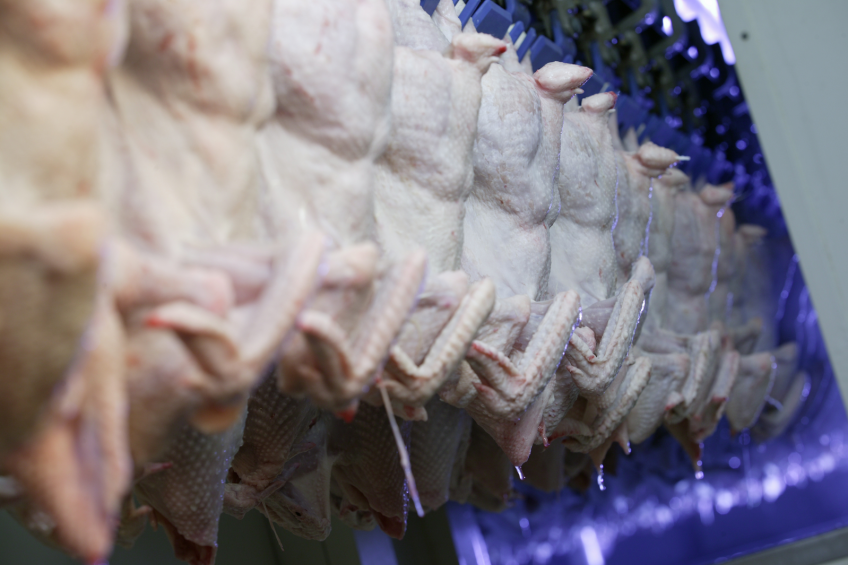Kazakhstan to expand poultry export potential

Kazakh poultry producers intend to increase the geographical reach of exports within the coming several years, according to the country’s Union of Poultry Farmers.
Kazakhstan is one of the few countries in the CIS, where the government supports the development of the poultry industry. This year the volume of grants amounted to more than KZT 8 billion (US$28 million) for poultry, and more than KZT 9 billion (US$31.4 million) for the production of eggs.
Poultry export potential in China and Middle East
Poultry farmers are fully meeting Kazakhstan’s internal demand. This year the country plans to produce 190,000 tonnes of meat and almost 5 billion of eggs. These volumes will be enough for home and for sale abroad, said the producers. One poultry farm is currently in negotiations with China.
Recently Kazakhstan signed an export agreement with a number of countries in the Middle East.
Rouble no longer has advantage over tenge
It is thought that the floating rate of the national currency, the tenge will promote the development of poultry exports. “We have been waiting for this (recent devaluation of tenge),” said Ruslan Sharipov, the president of the Union of Poultry Farmers of Kazakhstan. “We could not compete because of the devaluation of the Russian rouble. And cheap products on grocery shelves from Russia brought problems for us. So now that is has equalised I think we will work on export more than before.”
You may also find interesting:
Kazakhstan poultry farmers lament lack of state support
Over the last year the Russian rouble has devaluated by 70% against the US dollar, while Kazakhstan’s Tenge lost only 15%. As a result Russian production become more competitive on price, compared to the poultry of local manufacturers.
“About 40% of all turkey meat that we are producing is being consumed in Russia. The main purchasers are cities like Moscow, Omsk and Tomsk. And when the rouble fell, we were driven out of the market due to its cheap price. Therefore, we hope that we can get back into the Russian market. And with the introduction of a floating tenge exchange rate our manufacturers hope to succeed in other markets of CIS as well,” he added.












